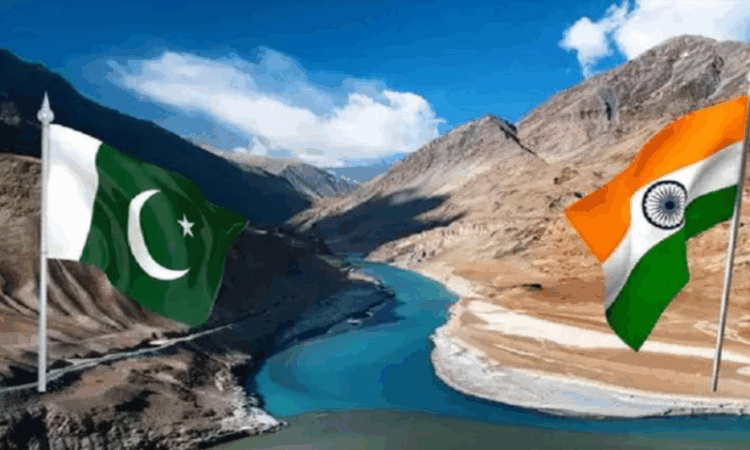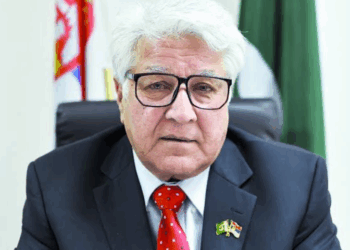Islamabad, April 29, 2025: Pakistan is weighing international legal action in response to India’s unilateral suspension of the Indus Waters Treaty (IWT), a key water-sharing agreement brokered by the World Bank in 1960. The development comes amid escalating tensions between the two countries following the April 22 terrorist attack in Indian Illegally Occupied Jammu and Kashmir (IIOJK), which left 26 people dead, most of them tourists.
Speaking to Reuters, Minister of State for Law and Justice Aqeel Malik said Islamabad is finalizing a legal strategy that could involve multiple international legal forums. “Legal strategy consultations are almost complete,” Malik stated. “A decision will be made soon, likely involving more than one legal avenue.”
Among the options being considered are filing a complaint with the World Bank, which has historically acted as a neutral facilitator of the treaty, approaching the Permanent Court of Arbitration in The Hague, which previously intervened in a 2016 dispute over hydroelectric projects on the Kishanganga and Ratle rivers and seeking recourse at the International Court of Justice (ICJ) under the framework of the 1969 Vienna Convention on the Law of Treaties, alleging India’s unilateral move breaches international legal norms.
India announced the suspension of the treaty on April 23, just a day after the Pahalgam attack, citing national security concerns. Indian media reported that New Delhi viewed the treaty as no longer tenable due to what it claims are cross-border linkages to terrorism — an allegation Pakistan strongly denies and has challenged as politically motivated and lacking evidence.
The Indus Waters Treaty, signed in 1960, is widely considered one of the most successful water-sharing agreements globally. It allocates the three eastern rivers (Ravi, Beas, and Sutlej) to India and the three western rivers (Indus, Jhelum, and Chenab) to Pakistan, with provisions for limited use by India for agriculture and hydroelectric projects under stringent conditions.







